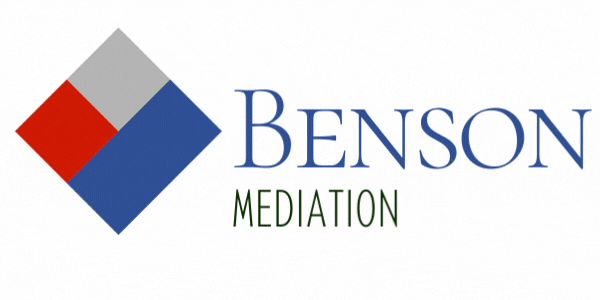Mediating Hurricane Claims
/Florida has the highest homeowner insurance rates in the country, the greatest exposure to hurricanes and hurricane damage and among the highest number of storm related lawsuits.
In 1992, Hurricane Andrew devastated South Florida. The chaos in the legal system that followed provided the impetus for the “stake holders” (government, the insurance industry, The Florida Bar and consumers) to come up with a system to resolve storm related insurance claims quickly and efficiently. The mediation program that emerged from Andrew was deployed to resolve tens of thousands of claims that resulted from five major hurricanes, Bonnie, Charley, Frances, Ivan and Jeanne, hitting Florida in just six weeks in 2004.
The current iteration of state sponsored hurricane mediation incorporates the conventions of all interest-based mediation: confidentiality, to encourage a robust, transparent negotiation between the carrier and the insured; collaborative negotiation, with a shared objective to provide enough resources to repair covered, storm related damages; agreed methods to value the claim, including Xactimate, market based, real world bids and adequate documentation of damage. As good as it works, most of the time, there are still recurring problems that happen in the mediation that send cases to litigation unnecessarily.
There are 2 problem areas that I see again and again.
The first is inadequate preparation for the mediation. If there was ever a situation where a picture is worth a thousand words (and, potentially, thousands of dollars) it is in the aftermath of a hurricane. Many homeowners take pictures immediately after they return to their property. Yet, insureds are not encouraged to tell their story with photos by screen-sharing them in the mediation.
The second recurring problem is failing to give the claim adjuster adequate authority to respond to new information revealed in the mediation. Sending an adjuster with a fixed amount of authority and no one available to authorize additional money, even if it is justified and documented at the mediation, is a frequent cause of impasses and leads to the filing of unnecessary lawsuits.
I have mediated hundreds of hurricane related, first party claims. These disputes are perfect for mediation. When the result is an impasse, it is almost always for the reasons I have outlined above.
The takeaway: Prepare for the mediation with the ability to respond and adapt to what you see and hear.


